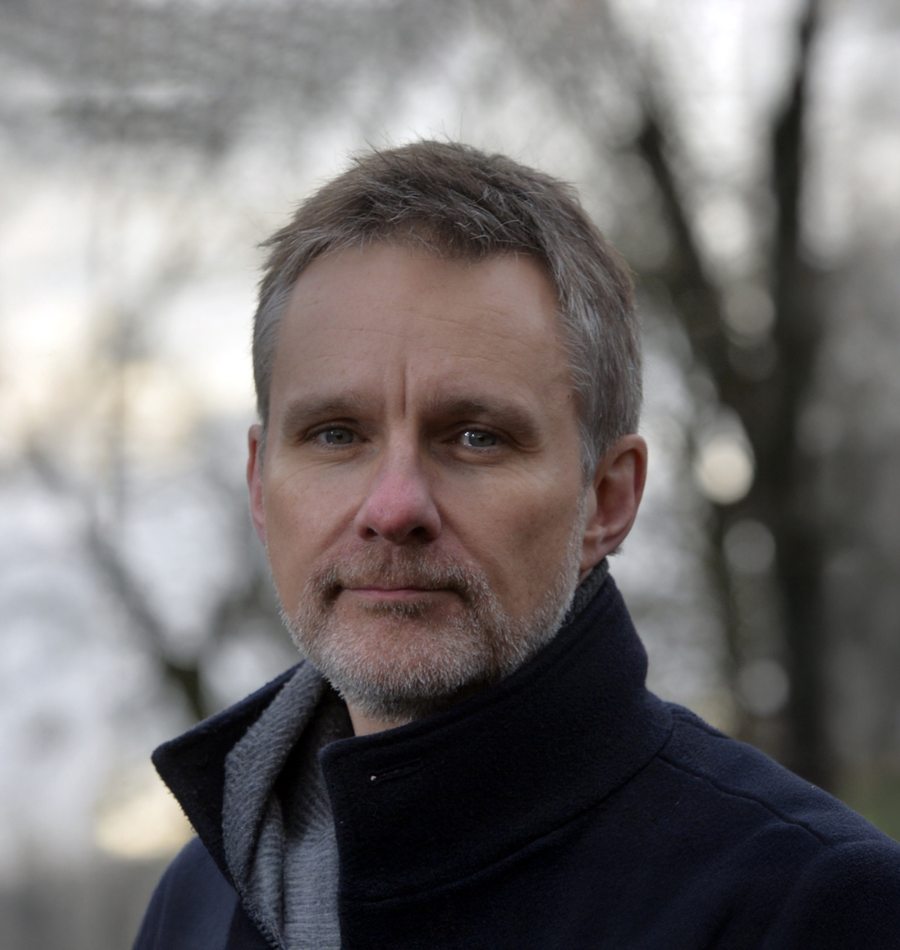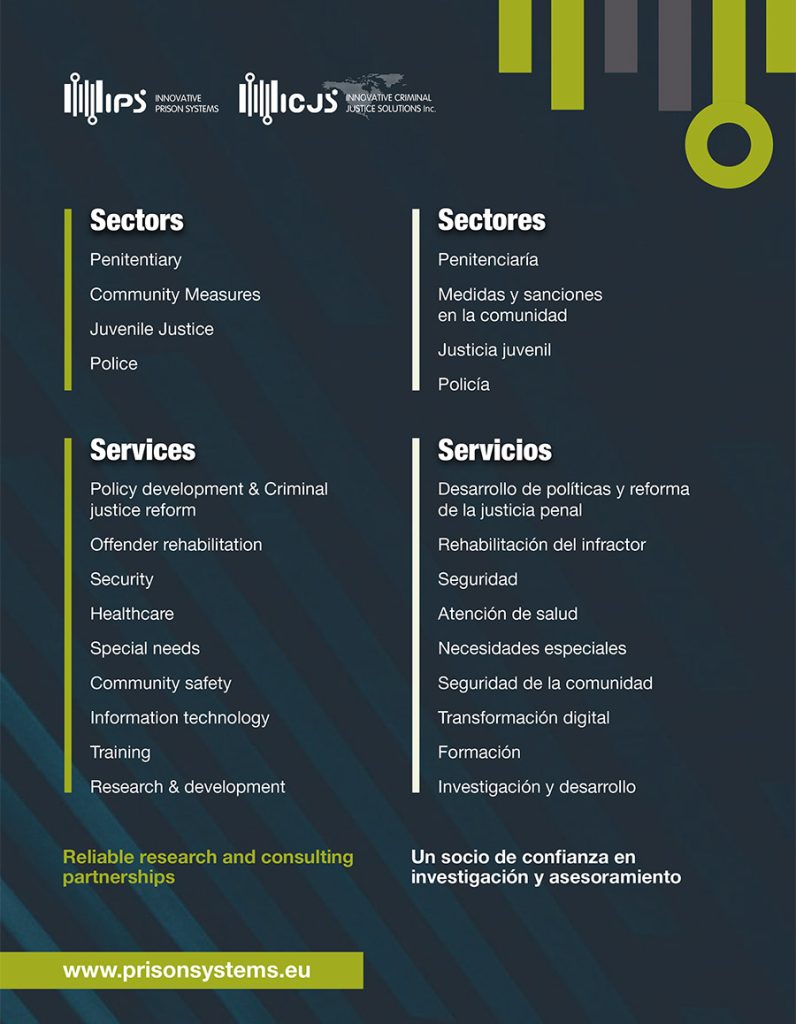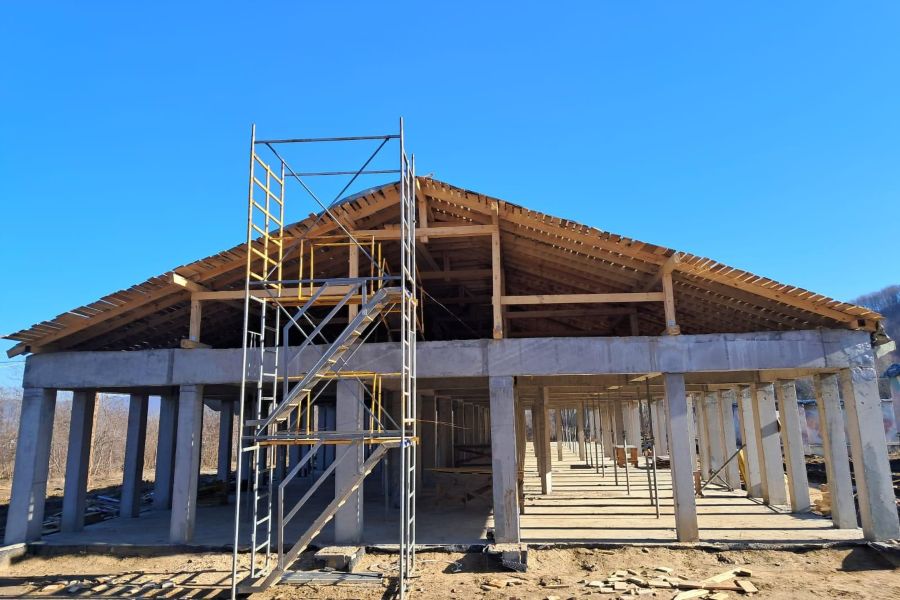Interview
Fergus McNeill
Professor of Criminology & Social Work, University of Glasgow, UK
Rehabilitation outcomes are often assessed through re offending rates, but these figures tell only part of the story. In this interview, we speak with Professor Fergus McNeill, whose work on desistance highlights that lasting change depends on social conditions as much as personal effort. He argues for broader measures of progress that reflect not only behavioural change, but also the extent to which people are supported to reintegrate into society. He reflects on the limitations of current approaches, the need for broader ways of assessing progress, and how systems might shift towards more balanced and constructive forms of support.
Out of what works to support long-term desistance, are today’s
correctional systems focusing on the right approaches?
FMcN: In desistance theory, we now talk about primary, secondary, and tertiary desistance, also sometimes referred to as act, identity, and relational desistance. Essentially, these concepts highlight the important connections between behaviour, identity, and questions of belonging and social position. Long-term desistance, I believe, requires close attention to those final elements: belonging, acceptance, and social integration.
From studying corrections over the past 30 to 40 years, mainly in Anglophone countries in the West, I would argue that social, political, and fiscal pressures have encouraged correctional services to become more short-term in their focus, increasingly concerned with the immediate task of assessing and managing the risk of recidivism. While interest in rehabilitation has endured, it has sometimes been restricted to a very specific and narrow focus on trying to identify and address criminogenic needs to bring about rapid behavioural change.
In one sense, it’s hard to criticise that approach. It’s necessary for correctional services to support urgent or immediate changes in behaviour. However, a preoccupation with risk and a narrow focus on criminogenic needs can also be counterproductive if it diverts attention away from creating the social conditions in which longer-term desistance can be secured.
We need correctional services, and more broadly, government and civil society in general, to rebalance their focus, shifting some of the emphasis away from short-term concerns and turning more towards the pursuit of social reintegration in all its facets.
In other words, we need to build a more holistic approach that can foster, sustain, support, and secure long-term desistance.
In practical terms, that requires correctional services, government, and civil society to engage not only with the individual, who may indeed have issues to address, but also with their families, their communities, faith groups, the media, and society, in order to cultivate conditions in which desistance can be rooted and nurtured.
It’s a large-scale project – not one for corrections alone – but one in which correctional services should take a leading role.
When setting up success indicators, which concrete outcomes
beyond re-offending can justice leaders track to give a fuller picture
of rehabilitation?
FMcN: There are various indicators of this kind of progress that we can examine. For instance, we should consider whether people are moving towards more stable and well-paid employment. We should also ask whether they are developing in terms of their education, skills, knowledge, and overall competence across a range of domains, or if they are in a more secure and stable housing situation, with access to shelter and basic material necessities. Health is another significant indicator. And here I mean health and well-being in the broadest possible sense. Are the people we are supporting moving towards better physical and mental health, and more satisfying and socially rewarding lives?
Together, those kinds of achievements across these main areas provide what desistance researchers often refer to as a ‘stake in conformity’: a reason to obey the rules of society. The more rewarding and meaningful a life without crime becomes, the more likely people are to maintain and commit to it over time.
In addition to this, I would highlight two other factors. One concerns the legal position of individuals as they move through and beyond punishment. Many people who become ensnared in criminal justice processes suffer a form of restricted or conditional citizenship, where they have effectively fewer legal rights and entitlements than others. We should be tracking whether people are enabled to move beyond punishment and towards a position of equal citizenship, in the legal sense, as part of their reintegration.
The second concerns political involvement and civic participation. It is important to consider the extent to which people are civically and politically engaged. Having a voice in one’s political community is associated with having a stake in it, which is closely linked to living well, in your interest and in the interest of others.
These insights take me to the model of rehabilitation and reintegration that I’ve been developing over the past 10 to 15 years, and recently in collaboration with my colleague Alejandro Rubio Arnal.
We talk about material reintegration, which relates to the points about subsistence that I made; personal reintegration, associated with education and capacity development, for example; legal rehabilitation and reintegration as I’ve just discussed; moral reconciliation; political reintegration; and then finally, the questions of belonging, acceptance, and mattering within a community.
Ultimately, I believe we need to expand our imagination of what we are trying to achieve and what we are measuring, beyond the observation of the mere absence of criminal conduct. These kind of markers of progress towards social integration would tell us a lot more about what our correctional systems are truly achieving or failing to achieve.
Which areas of development – whether in research, practice, or policy – do you think offer the most potential to improve rehabilitation outcomes?
FMcN: The model I’ve just outlined rests on the principle that its six forms of rehabilitation and reintegration are interdependent. If I suggest that we must do more in one or two areas and that leads to the neglect of three or four others, then it creates imbalance. So, I don’t want to pick between them, except to correct the balance. And my argument would be that much of our energy and scientific work over the past 50 years, particularly around ‘what works’, has focused largely on the personal domain. That is, we have looked at what needs to change within individuals who offend in order to help them develop the capacities, skills, and motivation to live better lives and avoid further offending. I put all of that in the personal domain, which is only one of the six areas.
That sort of personal rehabilitation remains tremendously important, and I wouldn’t want to deprioritise it or discourage correctional services from continuing to invest in personal development opportunities. But the other five areas need at least as much attention, and I think that in many systems they have been comparatively neglected for quite some time, partly because they are not entirely within the control of correctional services. But we need to look at rehabilitation as an entire framework.
Ideally, every jurisdiction should be in a position to self-assess its approach to rehabilitation and reintegration across all six domains, and develop their own scorecard, identifying areas of strength and areas where they have work to do.
To this end, I’m pleased to share that, with my colleagues from the Universities of Oslo and Leiden, I have recently secured an Advanced Grant from the European Research Council for a project called ‘Rehabilitation and Reintegration in Europe’ (RaRiE). One strand of this five-year project is dedicated to examining and comparing the approach in the three countries involved – which are Scotland, the Netherlands, and Norway – against the six forms of rehabilitation and reintegration.
Our aim is to understand what the rehabilitative ideal means in each country, what they are actually doing in practice, and how those efforts are playing out with the people most directly involved in rehabilitation and reintegration. We hope to draw out the best practice across the 3 countries and propose a more coherent and comprehensive approach to rehabilitation.
We also want to develop a set of metrics that any service and system can use to self-assess their rehabilitation efforts. We hope this tool will enable policymakers to critically examine how resources are currently allocated, and where those resources might be redirected to produce a more balanced and comprehensive approach.
We are very eager to engage with countries and services that may want to connect with us and learn from what we are doing, and even consider replicating aspects of our methodology in their own contexts. We hope that even as we advance the project we can influence and improve systems and practices through what we learn.
Fergus McNeill
Professor of Criminology & Social Work, University of Glasgow, UK
Fergus McNeill is Professor of Criminology and Social Work at the University of Glasgow, where he works in the Scottish Centre for Crime and Justice Research and leads the Criminology Subject. Before entering academia in 1998, he spent ten years working in residential drug rehabilitation and as a criminal justice social worker. His research explores the institutions, cultures, and practices of punishment, rehabilitation, and their alternatives. Widely published and internationally recognised, his work critically examines how criminal justice systems respond to offending and how these responses can be transformed.
Advertisement



